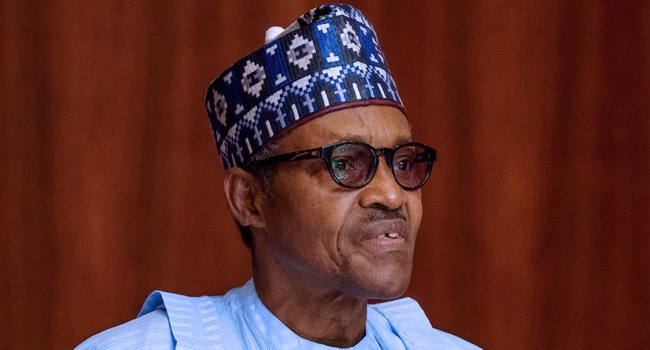Business
Nigeria’s Finance Bill comes under private sector scrutiny. Will Buhari withhold assent?

Owing to perceived implications of the proposed Finance Bill on the economy, the Organised Private Sector (OPS) is prodding President Muhammadu Buhari to decline his approval of the bill.
The displeasure of the OPS with the bill, as conveyed in a petition dated 29th November 2019, stressed that the Finance Bill, if signed into law, was capable of eroding existing businesses while worsening the nation’s poverty level further.
The petition of the OPS recommended certain regressive clauses in the draft law for amendment so as to prevent aggravating Nigeria’s fragile socio-economic situation.
The OPS statement condemned, among other things, the upward review of Value Added Tax (VAT) from 5% to 7.5% and increase in sanctions for offences in the bill. The petition equally critiised the bill’s failure to consider issues pertaining to the Allowable Input Tax.
There has been a marked divergence of views across the OPS since the proposal was mooted. And there is no discountenancing the diverse ramifications a bill this ambitious may have far beyond the private sector sphere, notably the parliamentary debate that will set it in motion, which may split the legislature across ideological divides.
Read also: Chevron to sell 2 Nigerian oil blocs. Here is why
The pulse of prominent trade groups, Manufacturers Association of Nigeria and Small Business Owners Association of Nigeria, indicates the proposed legislation is not favourable to business. In consequence, they have both resisted the bill.
It was, however, an ambivalent reaction on the part of Lagos Chamber of Commerce and Industry (LCCI). The body saw the concession offered by the draft law on VAT and corporate tax for small businesses as good. Nevertheless, it said the increase of VAT as a whole would put pressure on businesses and consumers.
Muda Yusuf, the Director General, said “The Finance Bill is a mixed bag. We welcome the concession given to SMEs with regard to VAT and corporate tax.”
“However, we have reservations about the minimum tax on companies, which meant that even when companies make losses, they still have to pay tax. We believe the provision is not fair. VAT increase would also put pressure on businesses and consumers.”
Close watchers of the economy, however, are cautious on the chances of the bill being assented to with major alterations. The argument is that the policy direction of the Buhari administration suggests clearly that it is deploying fiscal and monetary strategies to curtail wastes and generate more revenue internally from taxation in order to stabilize the economy.
Join the conversation
Support Ripples Nigeria, hold up solutions journalism
Balanced, fearless journalism driven by data comes at huge financial costs.
As a media platform, we hold leadership accountable and will not trade the right to press freedom and free speech for a piece of cake.
If you like what we do, and are ready to uphold solutions journalism, kindly donate to the Ripples Nigeria cause.
Your support would help to ensure that citizens and institutions continue to have free access to credible and reliable information for societal development.
























